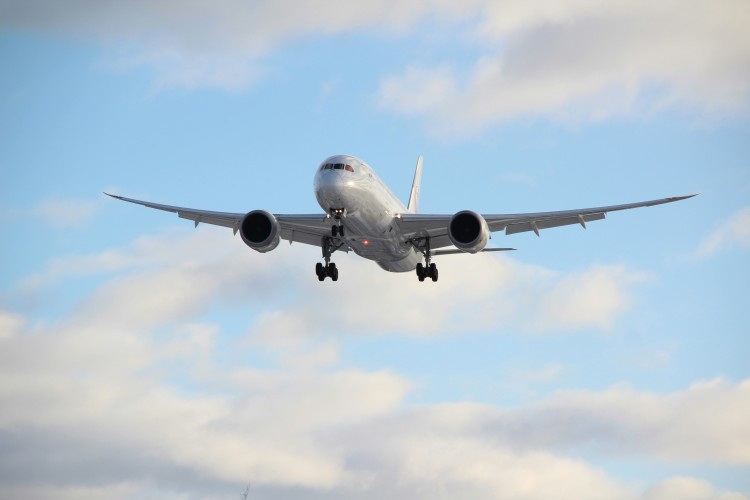The ministry of civil aviation is reassessing the need of appointing an aviation ombudsman due to escalating customer complaints. The government plans to convene with airline companies, airport authorities, and regulatory bodies to discuss the topic. Although MoCA has the AirSewa helpline to manage air passenger grievances, it is contemplating the establishment of an ombudsman. Last year, the ministry received nearly 10,000 complaints through the national consumer helpline. In the upcoming meeting, opinion of stakeholders will be solicited on the potential benefits of an ombudsman mechanism.
An ombudsman would act as a neutral arbiter to address and resolve disputes between consumers and service providers, offering a streamlined and impartial process to handle complaints. This role is crucial in ensuring fair treatment and efficient redressal of grievances, providing a level of accountability and transparency that current mechanisms may lack. The ombudsman would have the authority to investigate complaints, make recommendations, and enforce decisions, significantly enhancing consumer protection in the aviation industry.
READ | Unemployment challenge: Policymakers must focus on demographic dividend
Airlines see red over aviation ombudsman plan
Airlines are advocating the status quo, citing current regulations that permit charging for seat selection during web check-in. Additionally, unresolved issues persist such as the failure to provide full refunds for flights cancelled during the Covid-19 lockdown, despite a Supreme Court directive. The consumer affairs ministry has highlighted numerous problems within the sector and suggests that an ombudsman could resolve passenger complaints swiftly and effectively compared with current methods like AirSewa.
Consumer affairs secretary Rohit Kumar Singh expressed concerns to his counterpart in the aviation ministry about airlines charging extra for seat selection during mandatory web check-in, labelling it a misleading and unfair trade practice under the Consumer Protection Act of 2019. However, the aviation secretary maintained that airlines are entitled to charge for preferential seat selection during web check-in as per existing regulations.
For a comprehensive perspective, the ministry has requested written feedback from airlines, airports, and regulators, including the Directorate General of Civil Aviation and the Bureau of Civil Aviation Security.
India’s aviation sector is undergoing consolidation, with significant mergers such as the Tata Group’s acquisition of Air India, leading to a market largely dominated by IndiGo and Air India. As of January 2024, these two airlines control over 80% of the market. Concurrently, airport operations are increasingly dominated by a few conglomerates like the Adani group which could potentially result in long-term consumer disadvantages such as higher fares, fewer route choices, and diminished service quality.
The trend towards fewer, larger players in both airline operations and airport management could stifle competition, leading to monopolistic behaviours. This consolidation might result in higher prices, reduced service quality, and less innovation in the industry, as the major entities would have less incentive to compete for passengers’ business.
Ombudsmen in sectors such as power and insurance provide a single-window solution, which is absent in the aviation sector where multiple dispute resolution schemes coexist. This lack of a dedicated entity for air passenger complaints, despite a strong regulatory framework, highlights the need for an aviation ombudsman. Furthermore, the government is considering integrating the AirSewa portal with the National Consumer Helpline to address the backlog of complaints, particularly regarding refunds for flights cancelled during the early stages of the Covid-19 lockdown.
The integration of AirSewa with the National Consumer Helpline will create a cohesive and unified platform for addressing consumer grievances in the sector. This would potentially improve the efficiency and effectiveness of complaint resolution, providing consumers with a single point of contact for all aviation-related issues. It would also streamline the process of tracking and managing complaints, leading to quicker and more satisfactory resolutions for consumers.
The Indian aviation sector is flourishing with domestic air travel now exceeding pre-pandemic levels, making India the third-largest aviation market globally. The growing passenger volumes highlight the necessity for an effective complaint resolution mechanism, supporting the call for an aviation ombudsman, a proposal under consideration since 2013.

